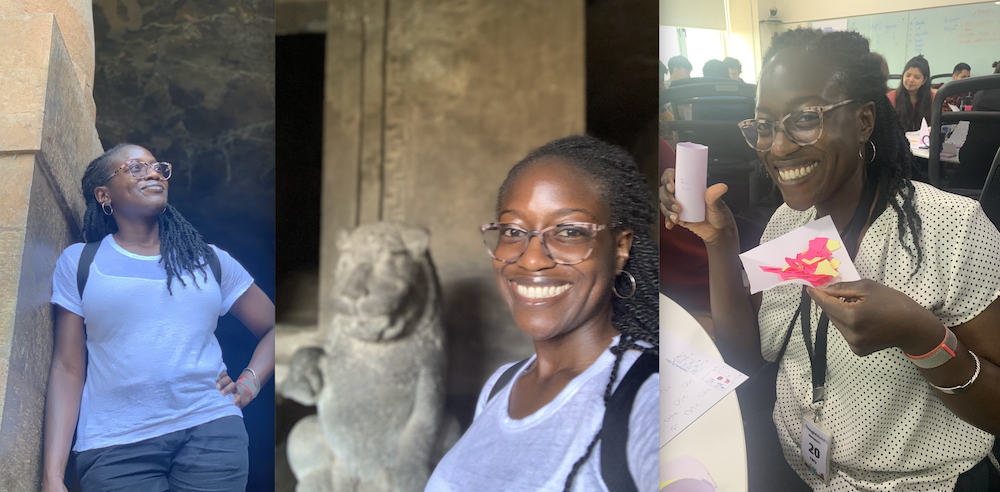Careers at Thoughtworks
Recruiters share top 7 FAQs from candidates


Disclaimer: The statements and opinions expressed in this article are those of the author(s) and do not necessarily reflect the positions of Thoughtworks.
